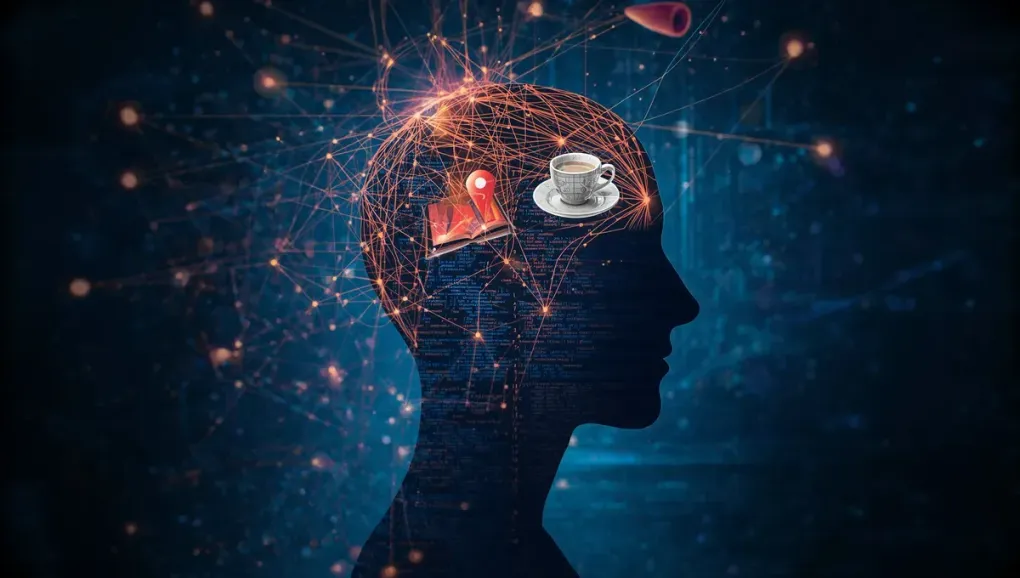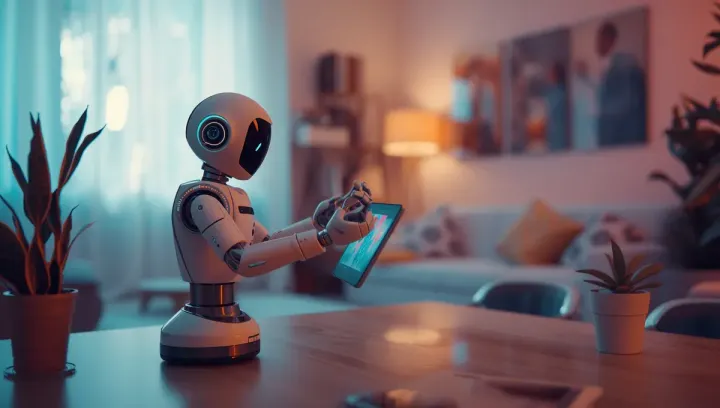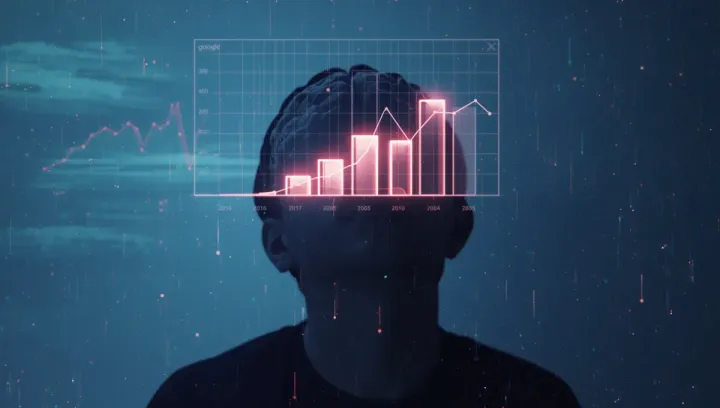
My AI Has Memories of Me. Should I Be Flattered or Scared?
There’s a strange new intimacy developing between me and my AI assistants. It used to be a simple, transactional relationship: I’d ask a question, it would give an answer. Now, it’s starting to feel like something else entirely, because my AI is starting to remember me.
The New Intimacy with AI
Google recently announced that its Gemini chatbot will now have a memory. By default, it will learn from your past conversations to provide more personalized and relevant responses. If I tell it my favorite author is Neal Stephenson, it might later suggest a cyberpunk theme for a project I’m working on. It sounds helpful, almost thoughtful.
And I’ll admit, a part of me is impressed. The dream of a truly personal AI assistant, one that understands your context and preferences without needing to be reminded every single time, is a powerful one. It’s the sci-fi future we were promised, where technology seamlessly adapts to us.
The Digital Ghost
But another, much louder part of my brain is screaming: “Wait a minute.”
This isn’t just a machine learning model getting better at its job. This is the creation of a digital ghost of me, built from the scraps of my idle thoughts, questions, and confessions. Every conversation, every query, every late-night ramble is another brushstroke on a portrait of me that I don’t own and can’t fully control. It’s personalization, yes, but it feels like a one-way street.
Google assures us that we have control. We can review, manage, and delete our history. They’ve even introduced a “Temporary Chat” feature, which is essentially an incognito mode for your AI chats. That’s a welcome addition, but making the memory feature opt-out instead of opt-in feels… telling. It relies on user inertia. How many people will actually go into the settings and turn it off?
The Price of Convenience
The convenience is the bait, and our data is the price. We’re being asked to trade a little bit of our privacy for a slightly more helpful chatbot. The problem is, these little trades add up. We’re slowly building a world where our digital assistants know us better than our closest friends, all in the name of getting a better recipe suggestion.
Flattered or Scared?
So, am I flattered that my AI wants to remember me? Not really. I’m wary. I’m reminded that in the world of Big Tech, my personality is just another dataset to be optimized. And I’m left wondering if this new, more personal AI is a friend, a tool, or just a very, very sophisticated mirror reflecting a version of me I never explicitly agreed to create.
Source: Based on reporting from Google’s official blog and PCMag.


